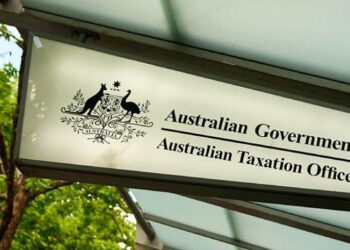Annie Dawson, senior SMSF specialist for Heffron, said at Heffron’s recent technical strategy day that one of the common questions she often receives is about unpaid directors.
“[I will get asked by advisers] who say, ‘I’ve got a client who’s working in a business, and they’re also a director of the company. Can I just resign them as a director, and they can continue working in the business as an employee?’,” Dawson said.
“Often in those scenarios, I will ask if the client has been paid as a director, and they’ll say no, they have only ever got wages. Then that unpaid directorship does not count as employed. They need an entitlement to director’s fees, and then they must actually get paid.”
Dawson said even in these scenarios, where the individual was resigned as a director but continued to work in the business, the Tax Office may still scrutinise the fund more closely if you were trying to argue that resigning as a director was enough to be a cessation of gainful employment.
“The reason for that is clients are rarely engaged separately for two separate positions. It’s not like they’ve got two contracts for those separate jobs. They just get paid the one amount, typically wages. They do not have separate responsibilities for those jobs,” she said.
“If you are looking at whether that would be an option for a client, I would tread very carefully. You might need to get some legal advice. If you could successfully argue that they’d resigned as a paid director and they were going to continue working as an employee, they obviously wouldn’t be able to have anything to do with managing or running the company.”
One of the other common questions raised around the commencement of retirement concerns gainful employment and the period for which it has to last.
“[I’m often asked] does it have to go for a certain amount of time? How many weeks in law? There’s no specific definition on that, but clearly the role needs to be genuine and not a contrived arrangement,” Dawson said.
“I get concerned when a client will say, ‘Oh, that’s OK. I can get a friend to hire me or a friend to give me a job’, but under the law, we need to ensure that we’re not just coming up with arrangements putting people into gainful employment so that we can then conveniently stop said gainful employment.”
“We’re looking for a proper arrangement. I’d want to see documentation, a contract, an offer, a letter, clear terms, what the position was and on what basis they were employed.”
“Then I would want to see evidence of the actual work, such as time sheets, tasks undertaken, what days of the week they were working, and for how many shifts? And then obviously payment for that. A clear sign to me for employment would be when my client’s going to get a payment summary. We want an actual role and not a token one.”


